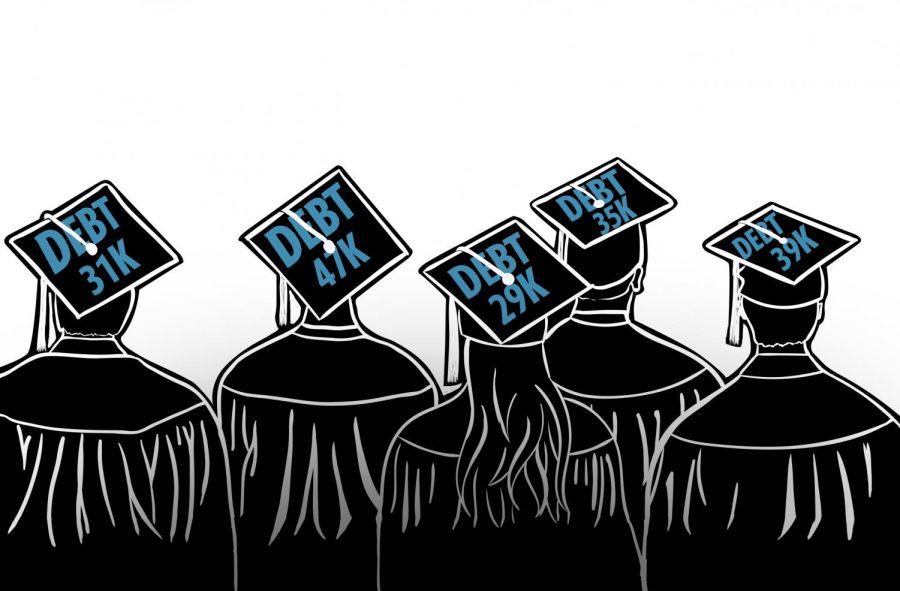Columbia to spread ‘SALT’ across college campus
Columbia to spread ‘SALT’ across college campus
February 29, 2016
SALT, a new program designed to give students a taste for better financial management, became available to Columbia students via email in January of the Spring 2016 Semester.
The program, developed by American Student Assistance, a Boston-based nonprofit organization dedicated to helping students manage and pay back their student loans, educates students about how to plan their finances after college graduation.
Joanne Dashiell, the manager of professional services at ASA, said SALT refers to the value of salt as an ancient form of currency in places such as central Africa and Rome. Dashiell said the nonprofit chose the name because the group thought it would stand out and be easy for users to remember.
“We decided to repackage something we have been doing for decades, which is helping students and parents make good decisions about borrowing and repaying student loans,” Dashiell said.
Columbia is one of nearly 300 participating colleges, and Columbia students are among 1.1 million participants in the 60-year-old financial education effort, according to ASA.
Cynthia Grunden, the assistant vice president of Student Financial Services, said the college is working to inject financial literacy into the college curriculum through programs such as the “Base Camp” Friday section of the Big Chicago courses that now includes a presentation on financing and loans.
“We did [the presentation] to help students think about financial literacy planning,” Grunden said. “We will be having more on-campus activities for students that may use SALT’s curriculum.”
Grunden said SFS chose ASA because it is a nonprofit and will not steer students to purchase a product but instead will provide them with trustworthy information such as money management courses and job, internship and scholarship services.
“As a college, we have some of those tools, too,” Grunden said. “The program is more expansive. There is a lot we are getting out of it that would be hard to replicate in a financial aid office.”
Lorinda Diehl, the campus engagement and education consultant at ASA, said colleges sometimes reach out to ASA to help provide a well-rounded financial education for their students.
Columbia contacted ASA in November 2015 to launch the joint program at the start of the Spring 2016 Semester, when, according to Grunden, students would be more likely to become aware of the program.
Jerry Ellis, a counseling specialist in the SALT program, said the program advises students on the resources they need to properly manage their loans after college.
“Education is the biggest tactic SALT uses,” Ellis said. “A lot of people do not know how options work as far as postponing things correctly or getting [loans] modified to what they can afford.”
Ellis said the program also advises students about income-driven programs that will enable students to manage loans based on their incomes.
“We are trying to help people not struggle as much to pay back the loans they take out and not deter them from going back to school for those reasons,” Ellis said.
Steve Deines, a junior audio arts & acoustics major, said he created a SALT account when he learned that MAP grants might not be disbursed, so he plans to take out a private loan to fund the rest of his education.
“I could use more organization, because I will be using multiple loan providers,” Deines said. “A lot of people who do not look into [the loan process] will end up being screwed over in the long run.”
Sarah Rubin, a sophomore photography major, said she receives emails from SALT but has no interest in creating an account, because she will not pay off her loans until six months after graduating.
“I have a job that I have been at for four years,” Rubin said. “I am not worried about budgeting or managing payments. Worst comes to worst, I have a savings account.”








